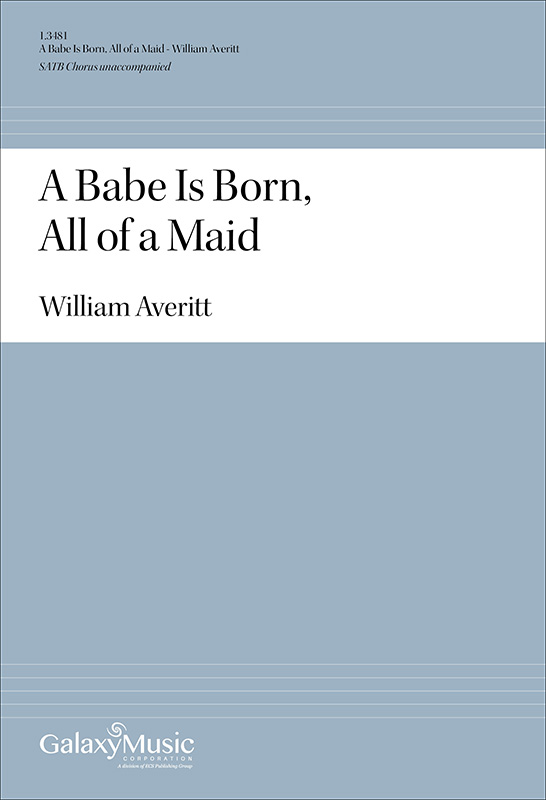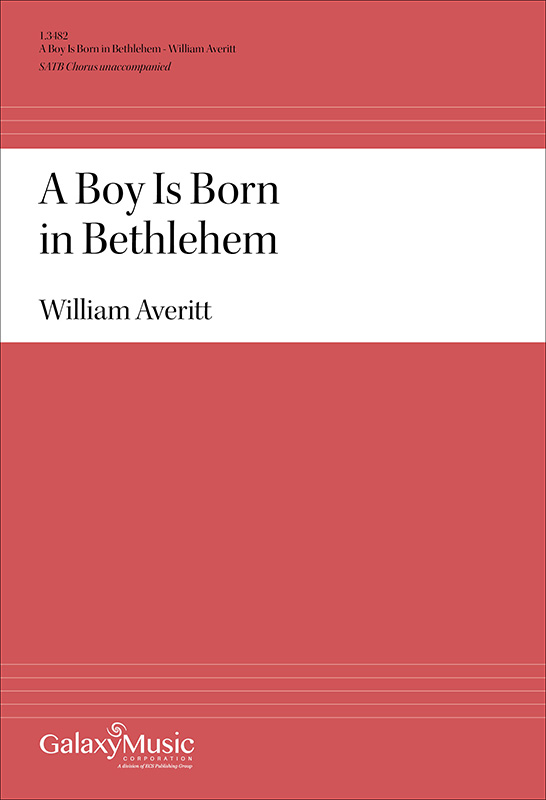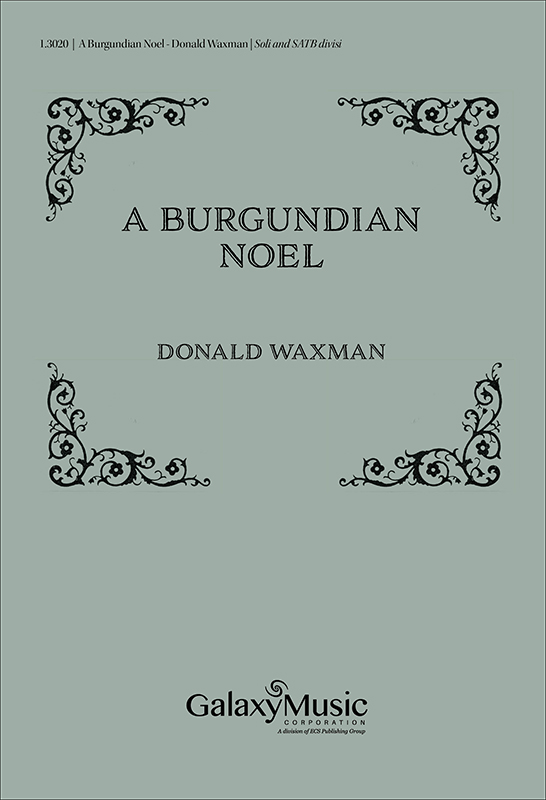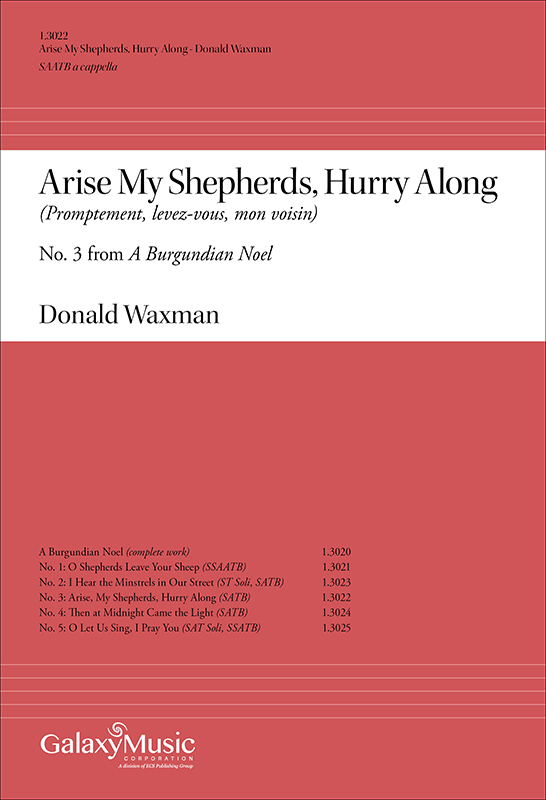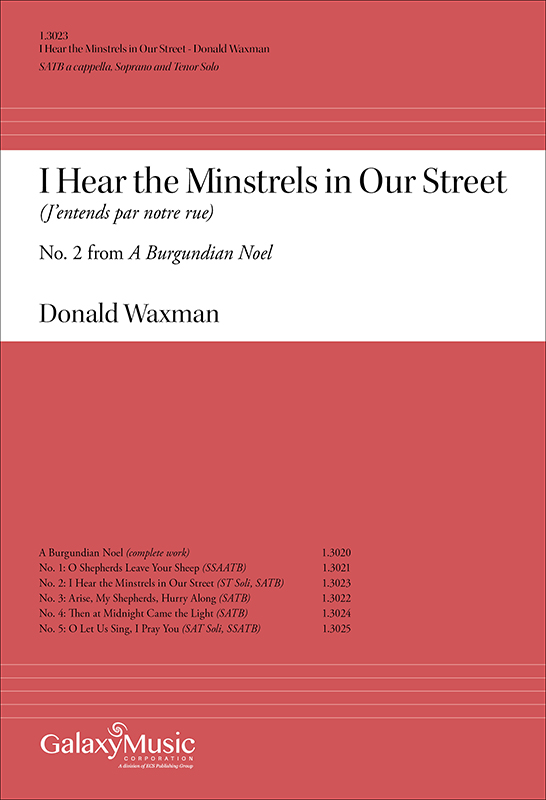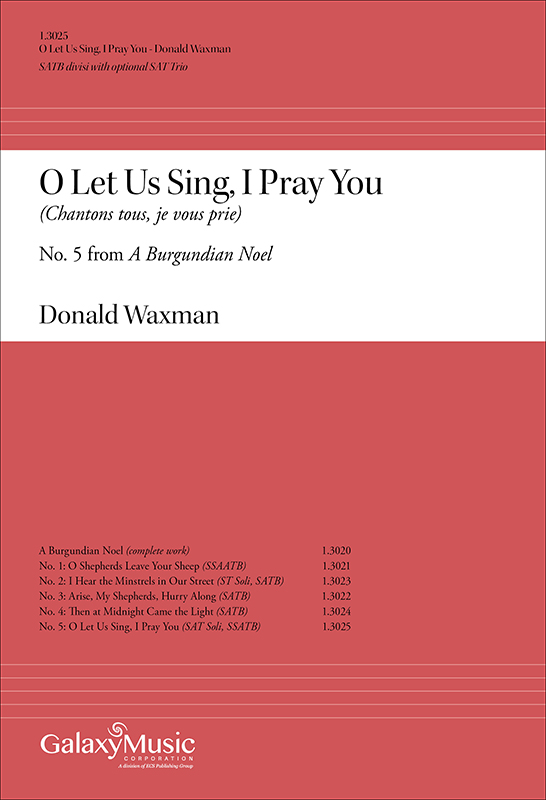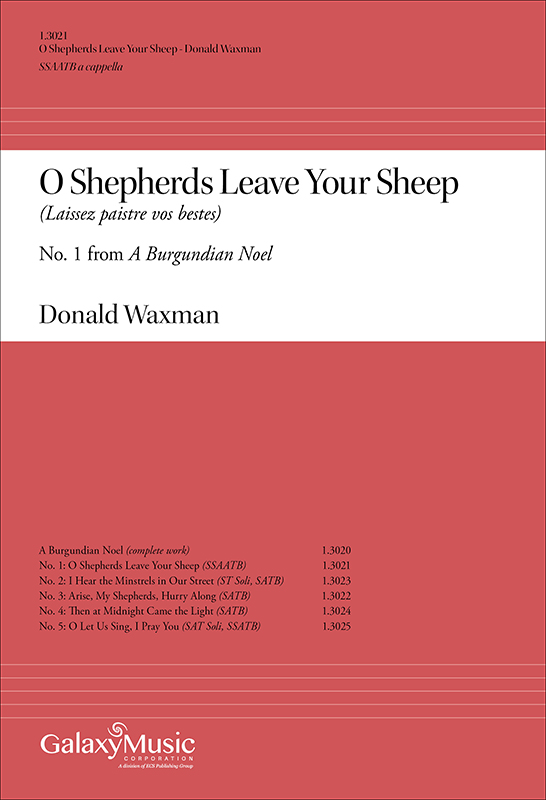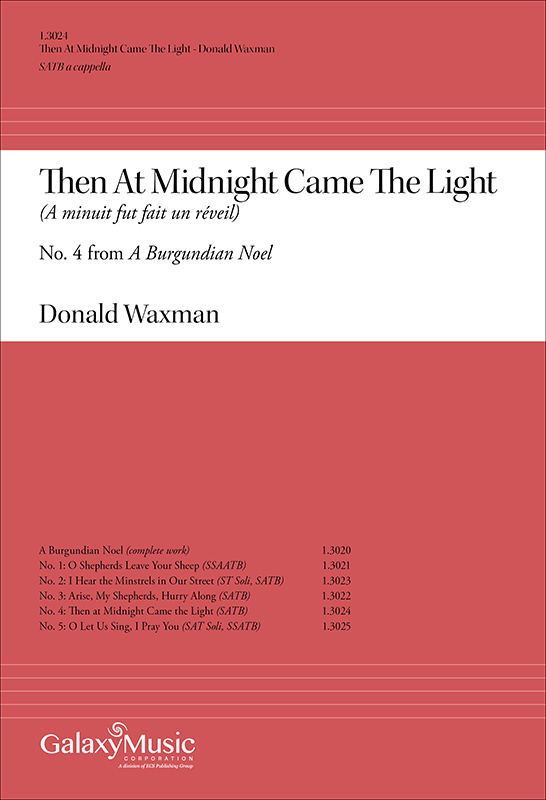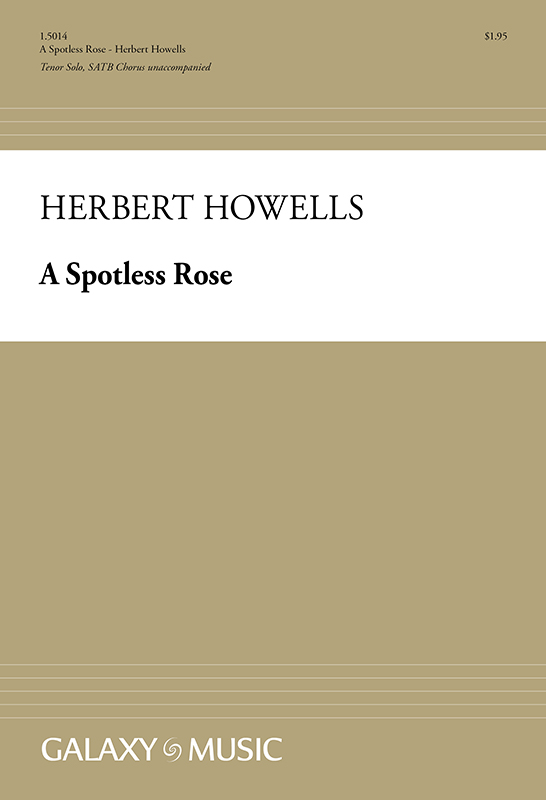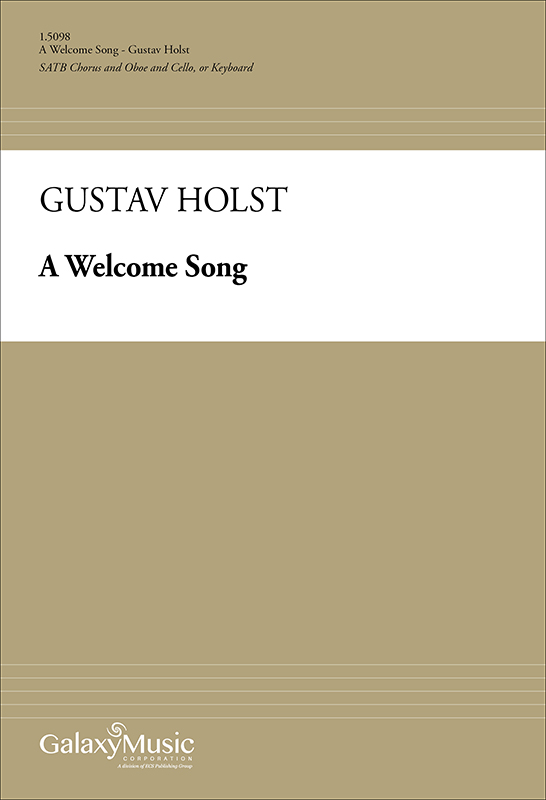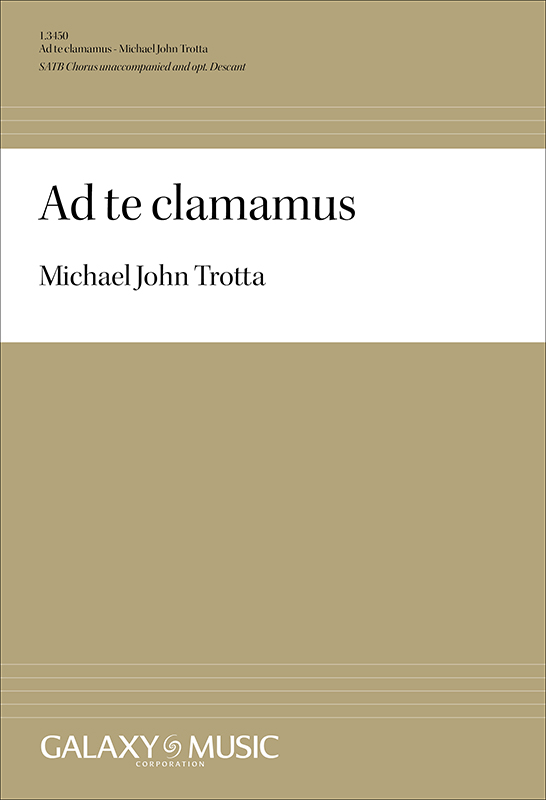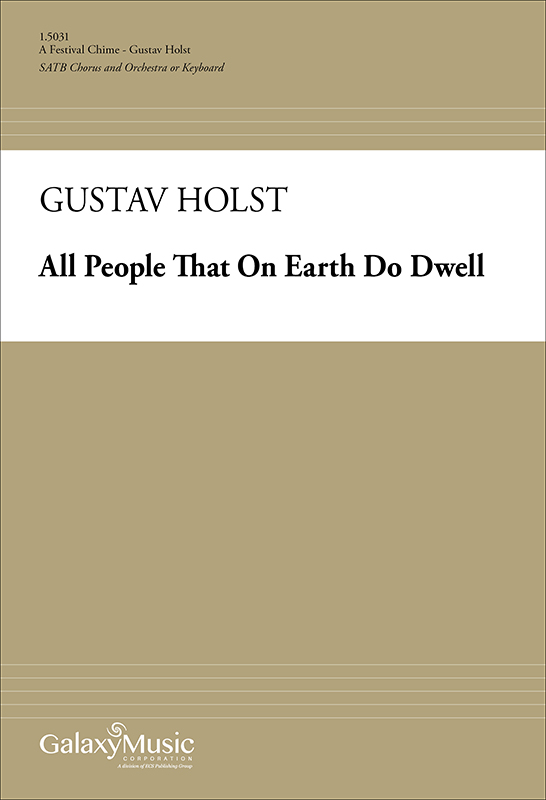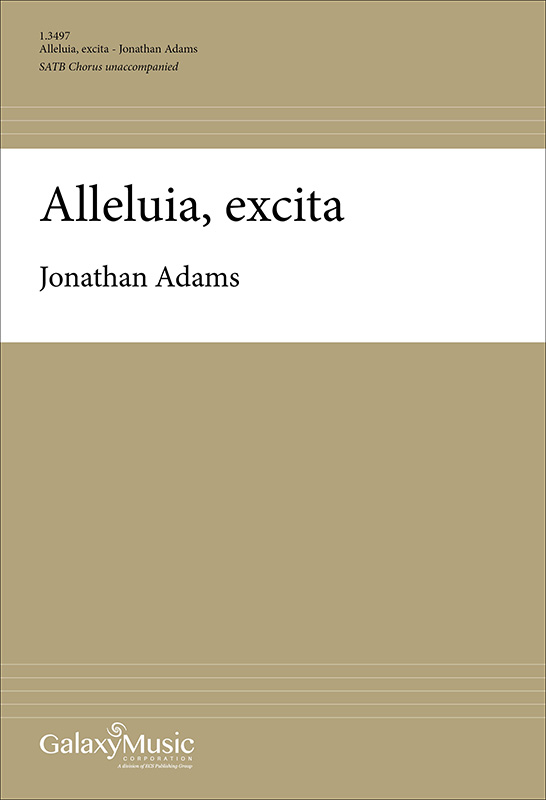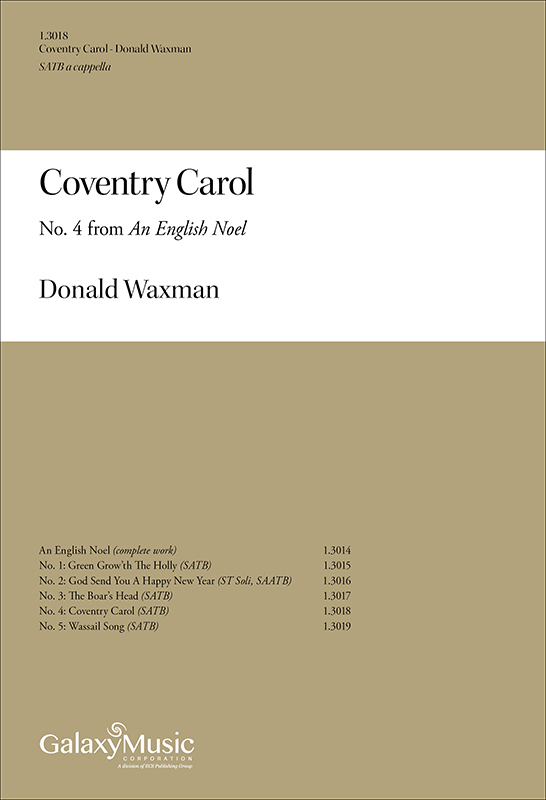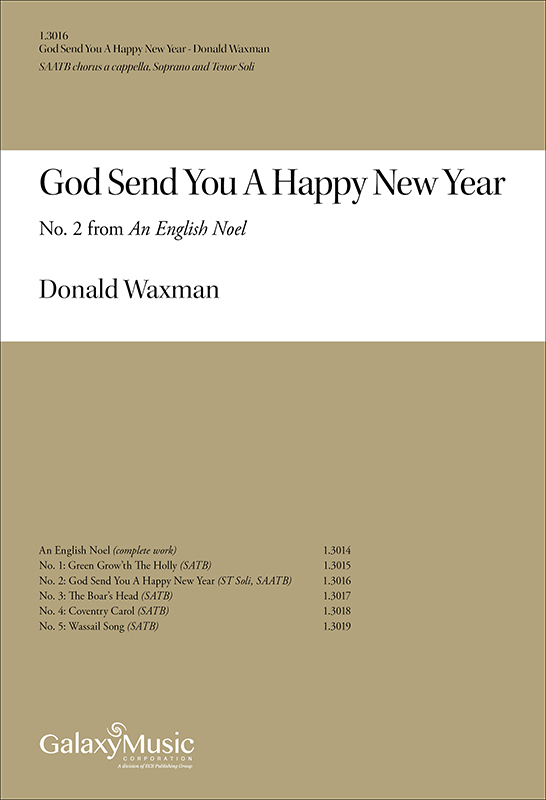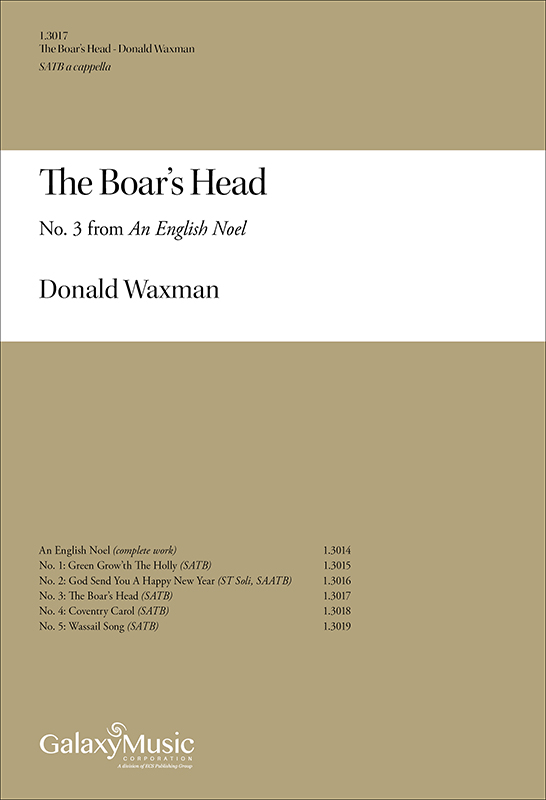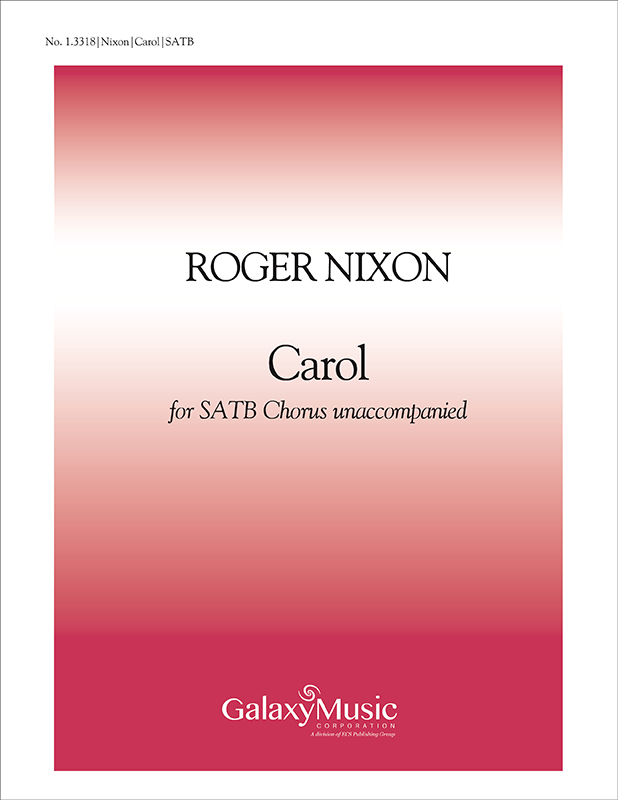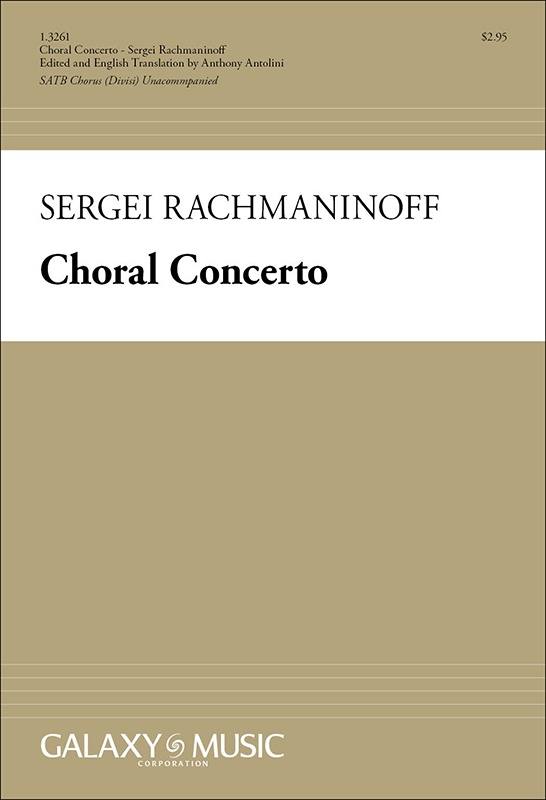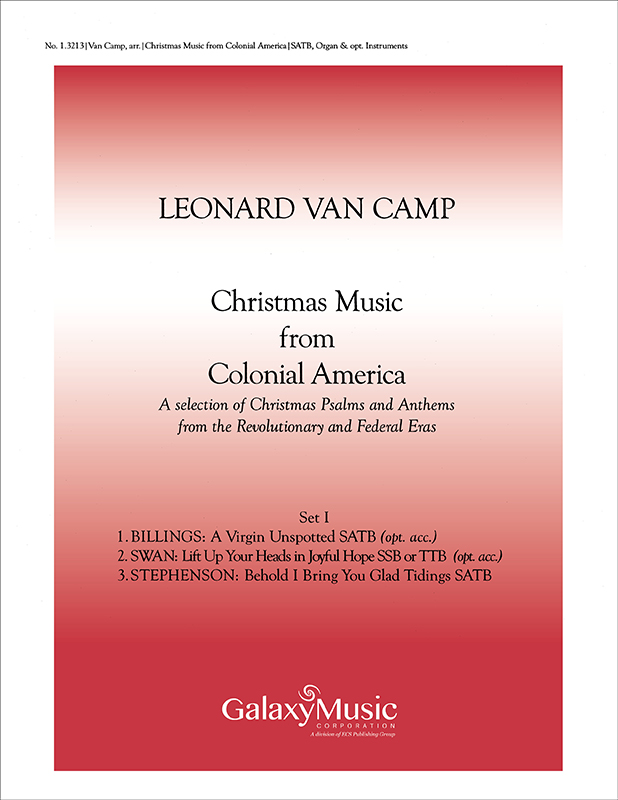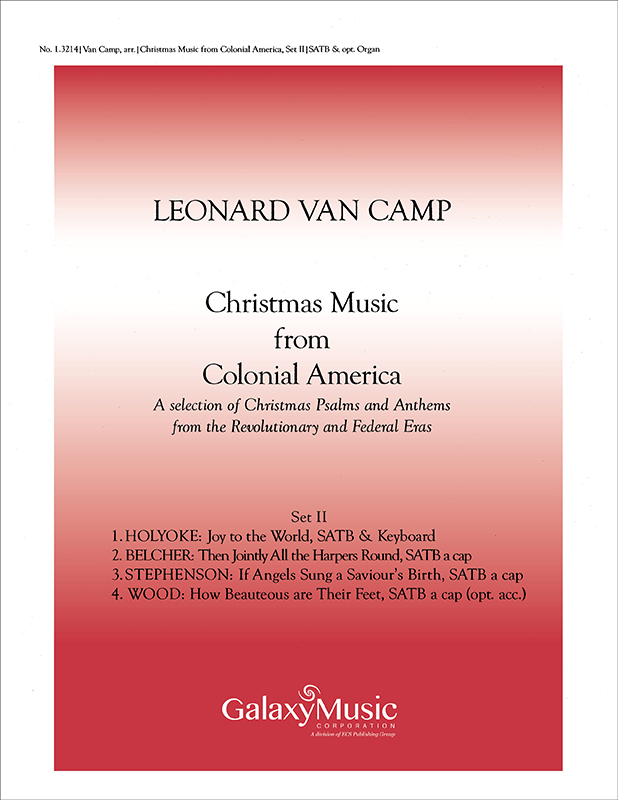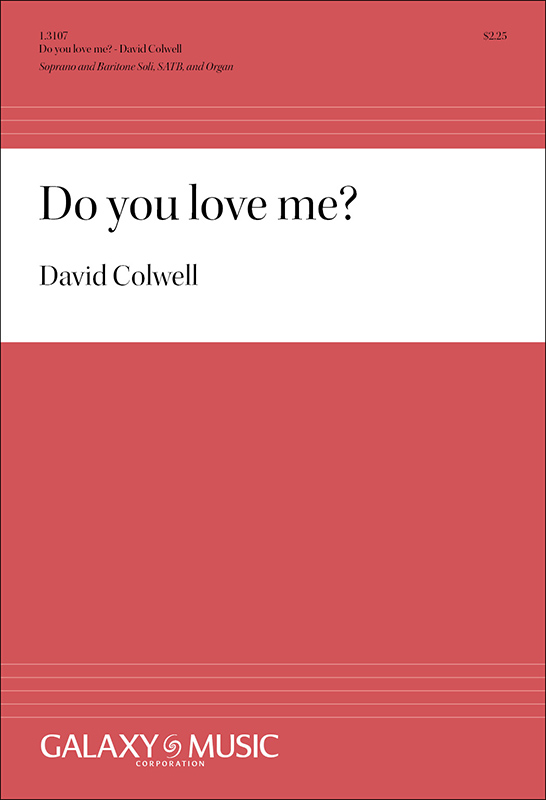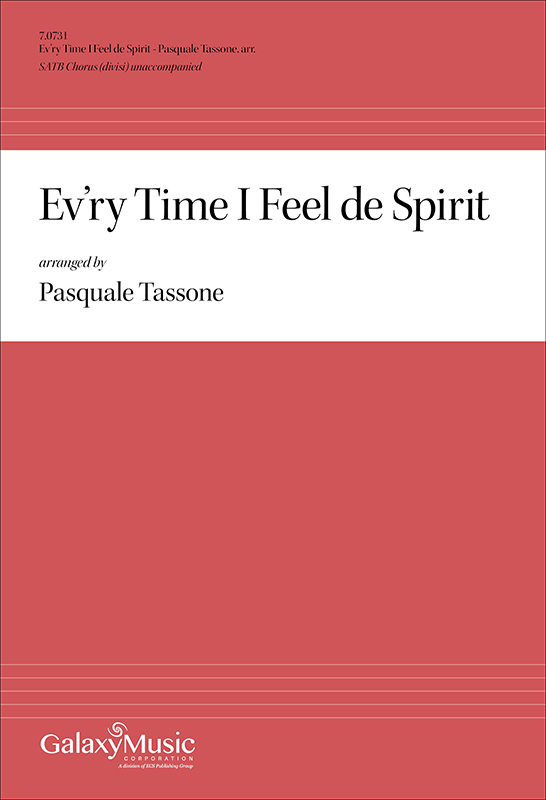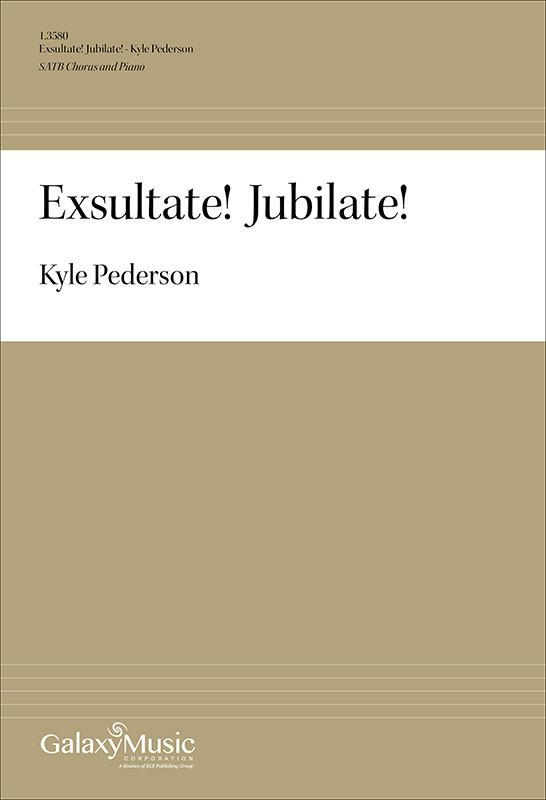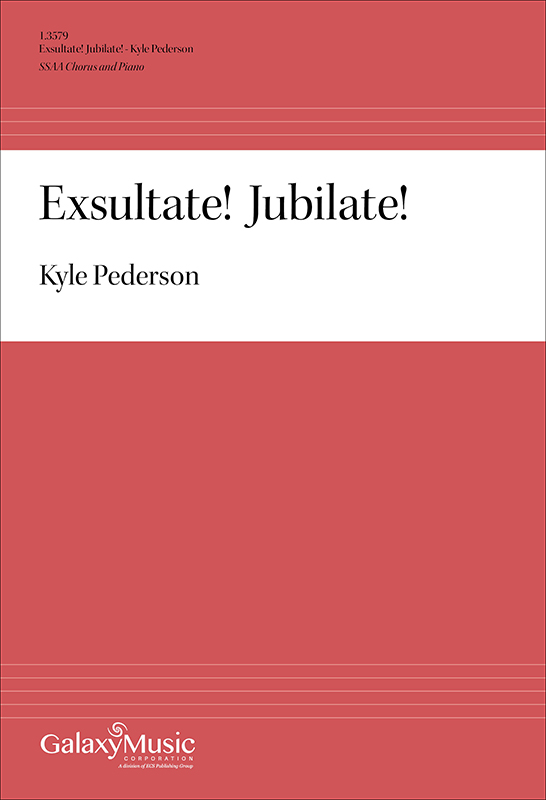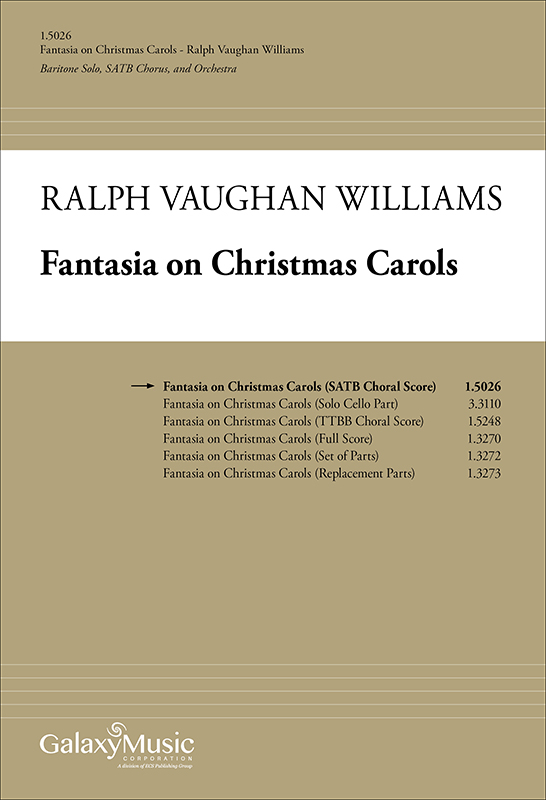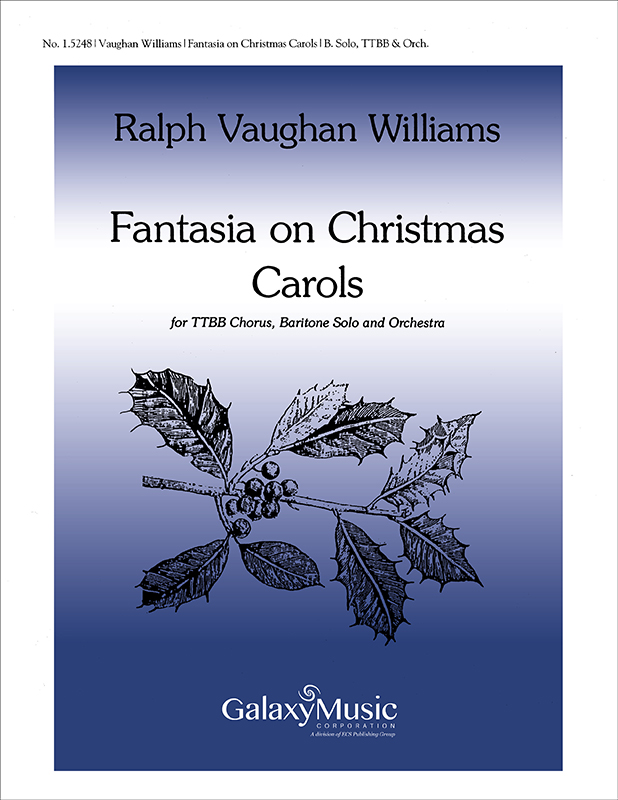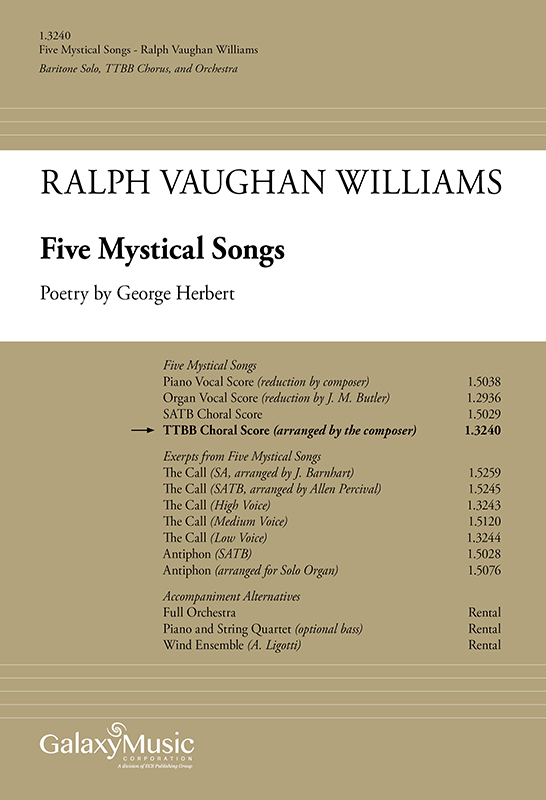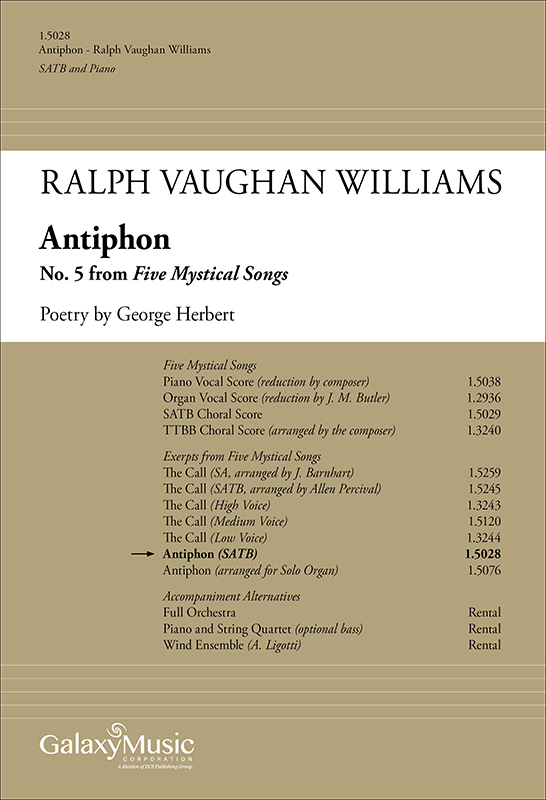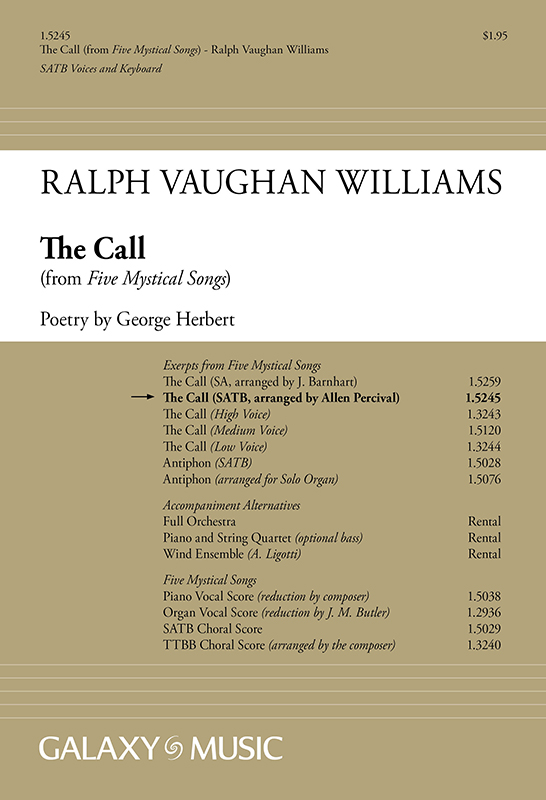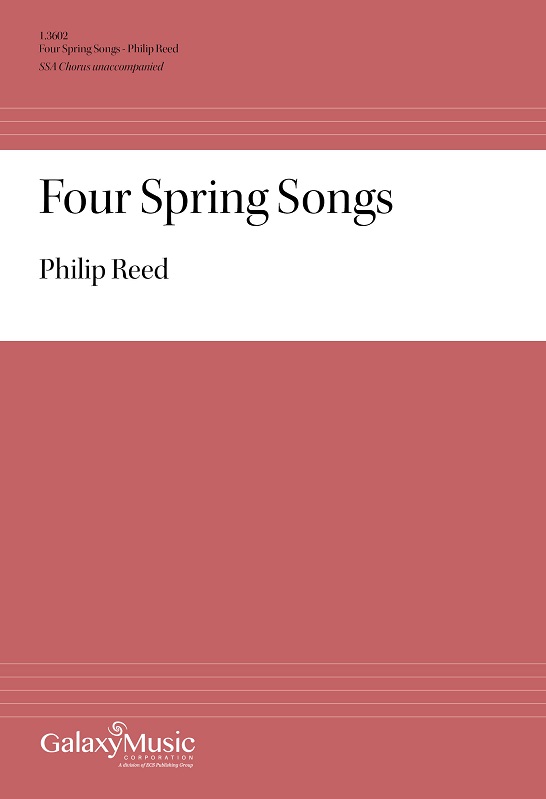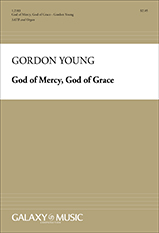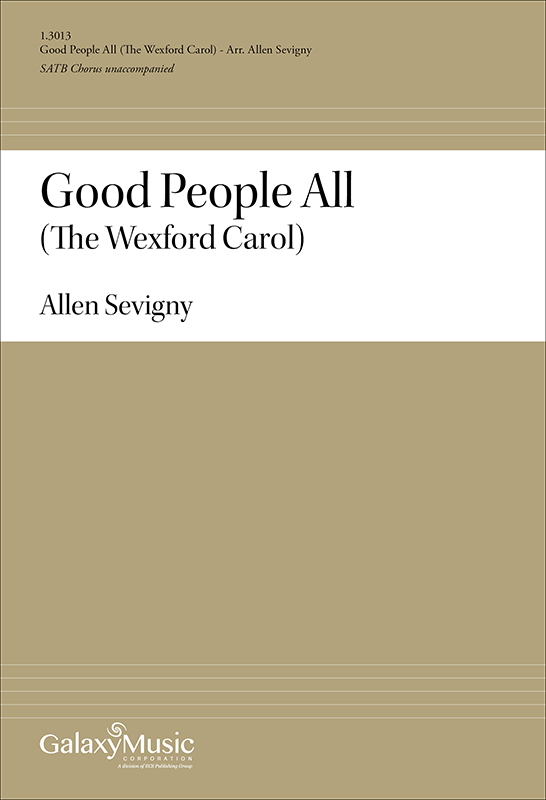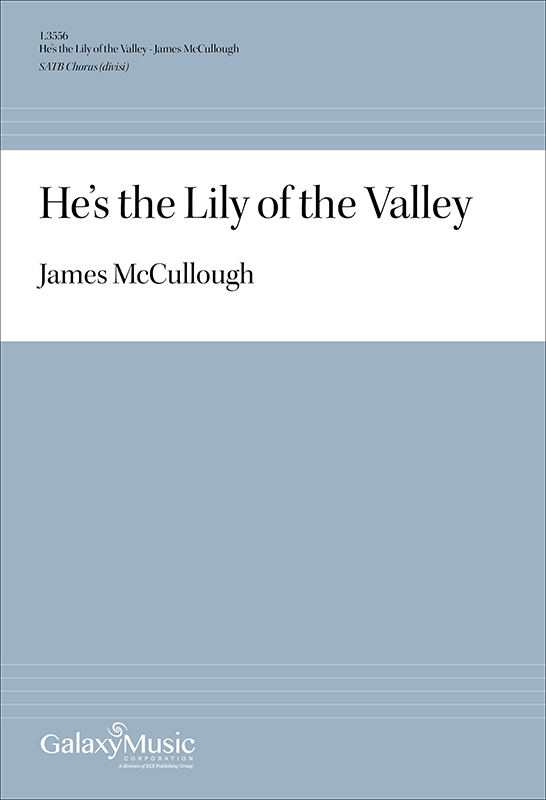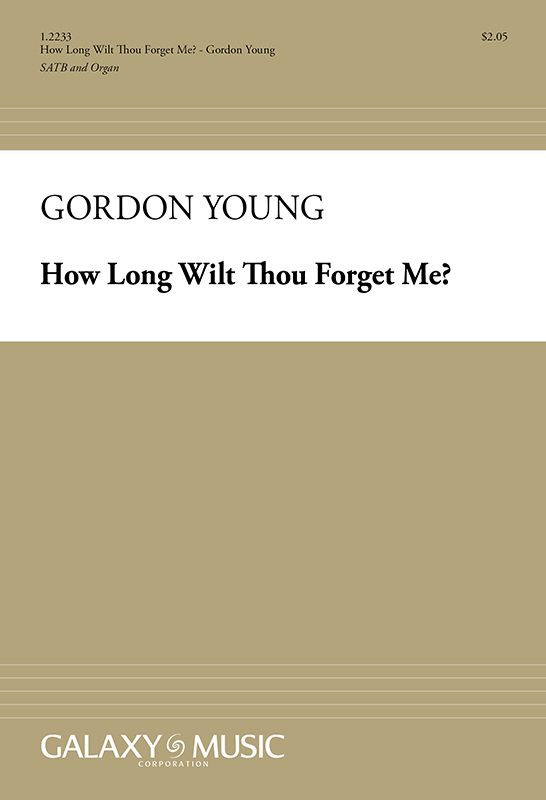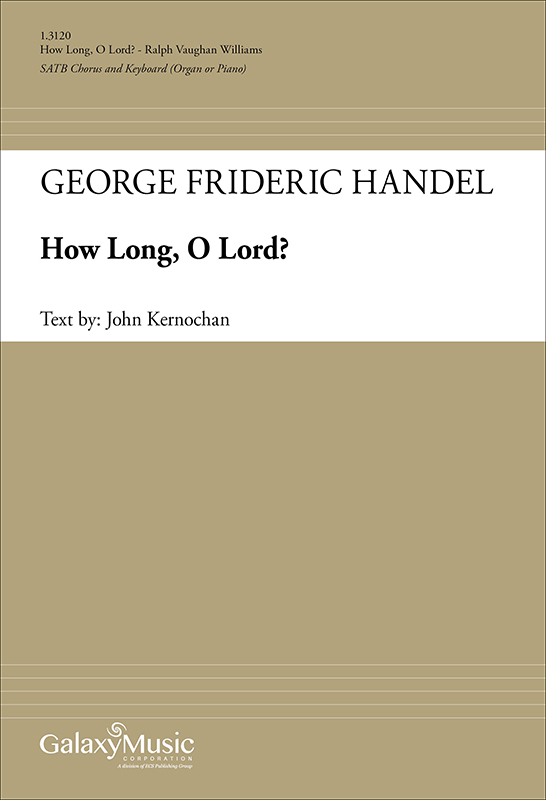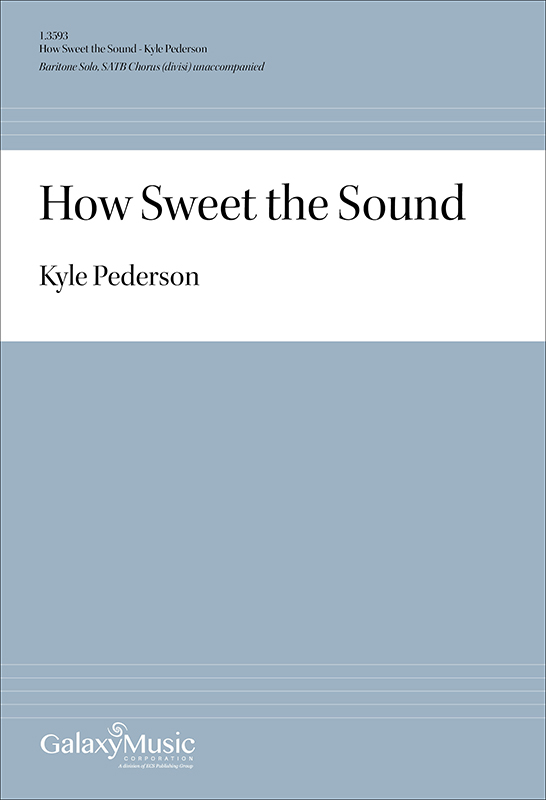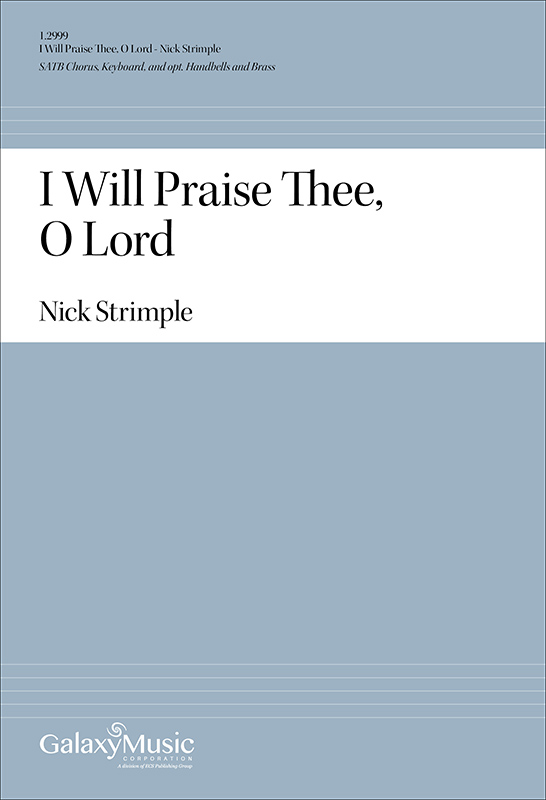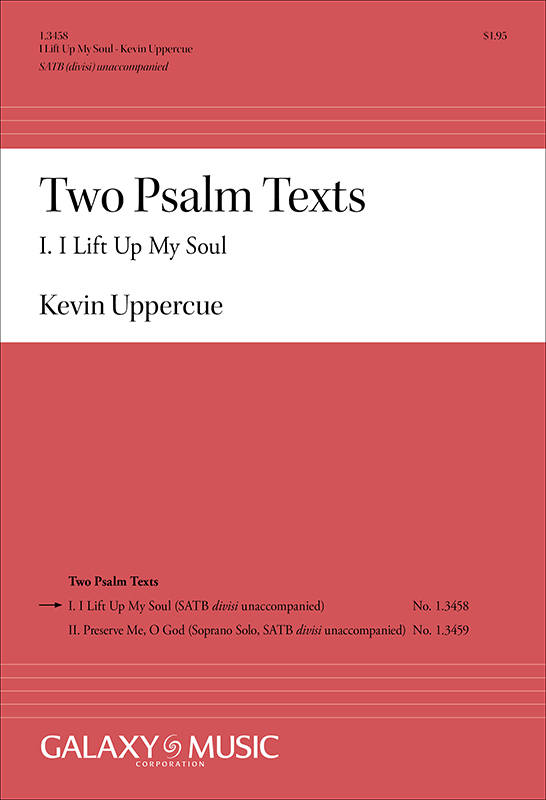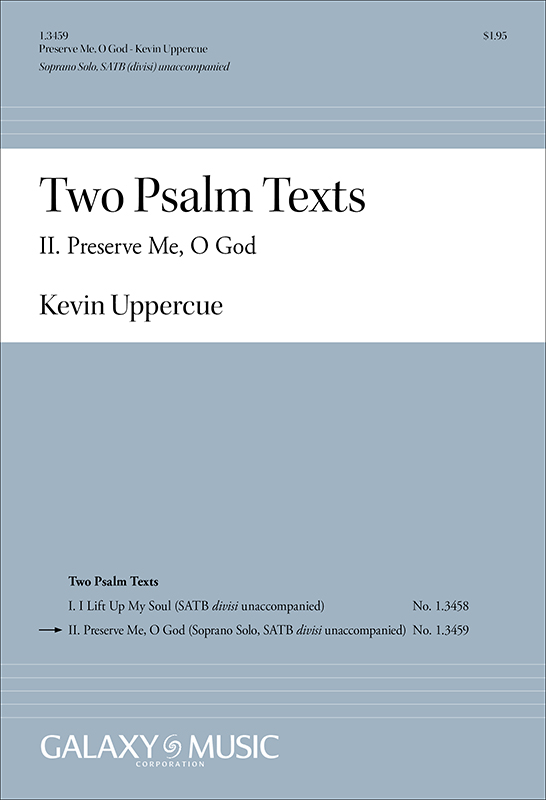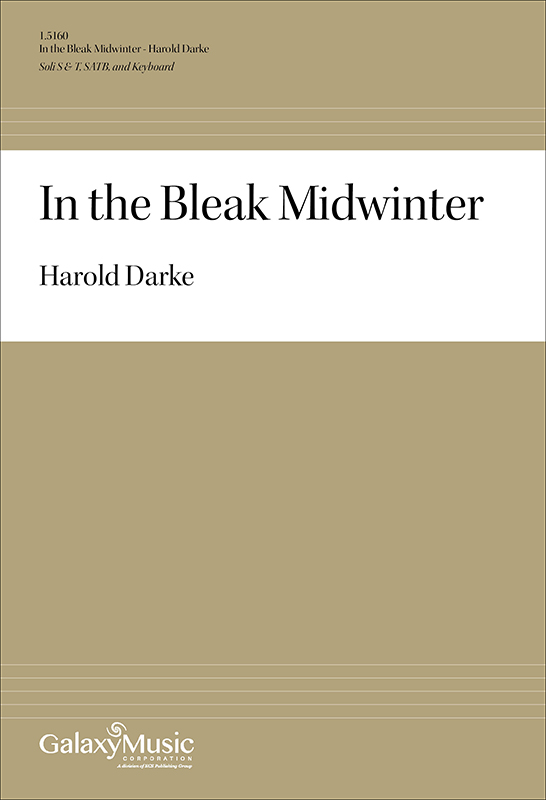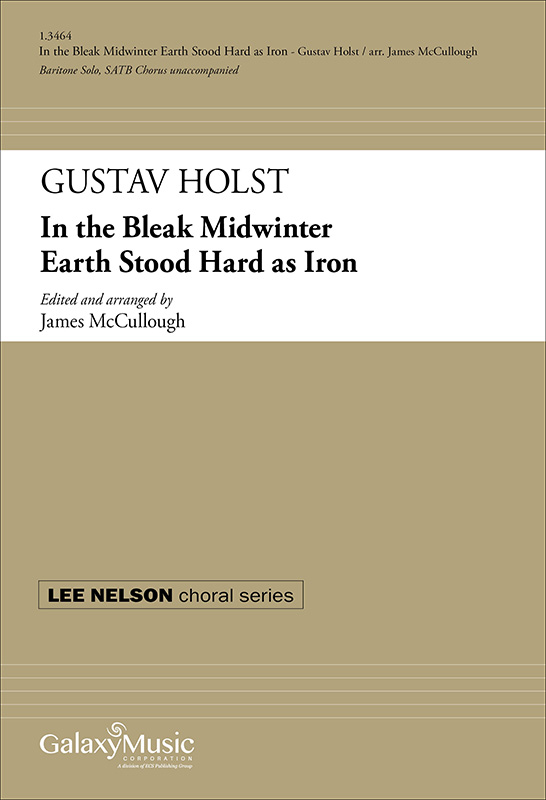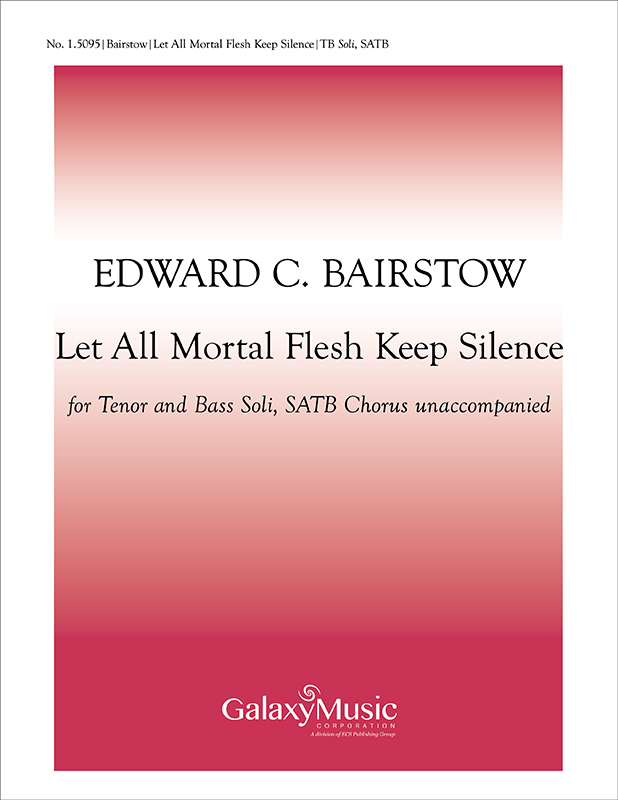In Celebration of the Human Voice - The Essential Musical Instrument
Home | Doo Wop | Barbershop | World | Contemporary | Christian | Vocal Jazz | Choral | Christmas | Instructional | Arrangements
Classical | Opera | Musicals | Personality | Young Singers | Disney | Videos | Songs | The Artists

Sheet Music Series
All | Barbershop | Choral | Choral Youth | Christian | Contemporary | Gospel | Musicals | Vocal Jazz | World | Male | Female | Christmas
Galaxy Music
Galaxy Music Corporation was founded in 1930 in New York by Marshall Kernochan, a cultivated New Yorker who had a great love of classical music. Kernochan quickly surrounded himself with experienced editors, and the company took off with choral and vocal music, moving into other genres along the way. Among its first composers were Katherine K. Davis, John Work, and Douglas Moore. As the firm expanded its catalog to take a more educational focus, there were also new agreements with overseas publishers, such as Stainer & Bell of London, which gave access to the music of composers like Vaughan Williams, Delius, and Jacob. By mid-century, Galaxy composers included Ivan Galamian, George Rochberg, Alice Parker, and Donald Waxman, as well as composer and Galaxy editor Robert Ward, who would go on to write the Pulitzer Prize-winning opera, The Crucible. John Kernochan, Marshallís son, ran the company from his fatherís death in 1955 until 1989, when he retired from his day job as a professor and authority on intellectual property at Columbia University Law School. At that time, he sold to E. C. Schirmer Music Company, an enterprise with similar scope and history, and the acquisition came under the name of ECS Publishing.
All | SATB | SATB divisi | SSA | SSAA | SSAATB | SSAATTTBB | SSATB | TB | TTBB | Unison
Individual Folios
Displaying 1-50 of 106 items.
Commissioned for Choral Arts Northwest who gave its premiere performance in 2011 under their artistic director, Robert Bode. The music is primarily contrapuntal in texture, and its tonal language features a certain level of dissonance but within a diatonically modal context. There is a textual climax about two-thirds of the way through, mirrored in the music; a short quieter section follows, leading to an ecstatic "Gloria" conclusion. Duration: 3:40
Composer: William Averitt
Written in 2010 in honor of the 30th anniversary season of Winchester (Virginia) Musica Viva, who gave its premiere performance under their music director, Kenneth Nafziger. The piece begins simply with an almost folk-like melody whose brief phrases are heard throughout, fragmented, varied, and recombined in counterpoint. The music builds to a satisfying climax before a quietly mysterious "alleluia" ending, returning to the original simple melody. Duration: 3:50
Composer: William Averitt
This arrangement is a re-imagining of Martin Luther's iconic hymn melody. New harmonies and ambient electric guitar accompaniment create an ancient/modern feel-giving new life to this classic hymn. Should you want to do this with piano alone, a piano accompaniment part is available. Duration: 4:20
Composer: Kyle Pederson
The Christmas Carol/Anthem A Spotless Rose for mixed voices by Herbert Howells is a setting of the well-known anonymous 14th-century text.
Composer: Herbert Howells
The text is an excerpt from the Salve Regina, also known as the Hail Holy Queen, a Marian hymn and one of four Marian antiphons sung at different seasons within the Christian liturgical calendar of the Catholic Church. The Salve Regina is traditionally sung at Compline in the time from the Saturday before Trinity Sunday until the Friday before the first Sunday of Advent. The Hail Holy Queen is also the final prayer of the Rosary. Duration: 3:40
Composer: Michael John Trotta
The text originally comes from Psalm 80:2. It is traditionally used on the third Sunday of Advent, the "Gaudete" or "Rejoicing" Sunday, when penitential exercises are suspended to symbolize the coming of the joyous Christmas season. The text, Excita, Domine, is also used in some churches for the "Stir Up Sunday," on which Christmas puddings are made and literally "stirred up." The beginning of the piece quotes the "Alleluia" from the original chant, and then moves from the austere to the joyful "Alleluia, excite" (Stir up thy strength, O Lord). The piece should move along quite briskly, symbolizing the joy and urgency of the text. -Jonathan Adams. Duration: 1:34
Composer: Jonathan Adams
This arrangement of one of the most beloved spirituals begins with some Jazz-style scat singing in all the voices before the altos and sopranos begin the first refrain. The style shifts to driving, straight eighth notes to bring the arrangement to an exciting conclusion. Duration 4:17
Composer: Pasquale Tassone
This unique setting pairs the iconic Latin text with an new, original English text, which is a response to the question, "Why do we rejoice and shout our praises to God?" The music captures the energy, rhythm, and exuberance inherent in the phrases "Exsultate Deo" and "Jubilate Deo," but also reflects the quiet joys found in gratitude for the daily gifts of breath and light. The piano accompaniment is rhythmic and lively.
Composer: Kyle Pederson
This unique setting pairs the iconic Latin text with a new, original English text, which is a response to the question, "Why do we rejoice and shout our praises to God?" The music captures the energy, rhythm, and exuberance inherent in the phrases "Exsultate Deo" and "Jubilate Deo," but also reflects the quiet joys found in gratitude for the daily gifts of breath and light. The piano accompaniment is rhythmic and lively.
Composer: Kyle Pederson
Founded on the following traditional English Carols (1) The Truth sent from above (Herefordshire) words and tune, (2) Come all you worthy gentlemen (Somerset) words and tune, (3) On Christmas night (Sussex) words and tune, and (4) There is a fountain (Herefordshire) tune only, together with fragments of other well known carol tunes.
Composer: Ralph Vaughan Williams
Founded on the following traditional English Carols (1) The Truth sent from above (Herefordshire) words and tune, (2) Come all you worthy gentlemen (Somerset) words and tune, (3) On Christmas night (Sussex) words and tune, and (4) There is a fountain (Herefordshire) tune only, together with fragments of other well known carol tunes.
Composer: Ralph Vaughan Williams
Contents:
1. Easter
2. I Got Me Flowers
3. Love Bade Me Welcome
4. The Call
5. Antiphon
Composer: Ralph Vaughan Williams
Ralph Vaughan Williams' popular work Antiphon from Five Mystical Songs. "Let all the world in every corner sing, My God and King."
Composer: Ralph Vaughan Williams
These texts are taken from the Kokin Wakash , a collection of Japanese waka poetry compiled from various poets in the early tenth century. They show the passing of the season from the first buds hidden beneath the snow to the last petals washing downstream. The simple melodies and clear textures attempt to capture the poets' graceful blending of vivid natural imagery and piercing emotional perception as the sights and sounds of spring are made to express the bittersweetness of our brief existence.
Composer: Philip Reed
Unlike some published versions of this African American spiritual, McCullough's rendering is "not slow, but not too fast," in the words of the composer. Transcribed from his father's singing of this tune, this version is "always flowing, with joyous conviction and thanksgiving." The divisi designation is not to be taken lightly; in one place the women divide into five parts and sing alone, in another the men similarly divide into four parts. The result is joyous and emphatic. Duration: 2:40
Composer: James McCullough
In the hope of introducing to a wider public this exceptional chorus from a little-known oratorio by Handel, new texts have been provided: one suitable for Lent, the other for general use. Handel's original text is also included.
Composer: George Frideric Handel
This work has the ethos of a spiritual, with the text inspired by "Amazing Grace" but not specifically using that text in sequence except for the title riff which reoccurs throughout the piece. It invites the singer and audience to consider the power of grace. The choir affirms that no trouble, no shame, no valley is too deep for the healing gift and power of soul-freeing grace. The music has a driving quality, with the choir occasionally backing up the soloist with humming, quick commentary, or a sustained neutral syllable. Unusual and energetic.
Composer: Kyle Pederson
This work has the ethos of a spiritual, with the text inspired by "Amazing Grace" but not specifically using that text in sequence except for the title riff which reoccurs throughout the piece. It invites the singer and audience to consider the power of grace. The choir affirms that no trouble, no shame, no valley is too deep for the healing gift and power of soul-freeing grace. The music has a driving quality, with a piano part that is marked "A little Blues, a little Rock," which rhythmically punctuates the piece. Unusual and energetic.
Composer: Kyle Pederson
These settings present disparate manners in which to utter these two terse, yet potent psalm texts: from the sorrowful to the exuberant, the primitive to the elegant. The music reflects these wide-ranging interpretations with interchanges of contrapuntal and homophonic textures, ostinato and scalar passages, a broad harmonic palette, and the utilization of the full tessitura of the chorus. Duration: 2:30
Composer: Kevin Uppercue
These settings present disparate manners in which to utter these two terse, yet potent psalm texts: from the sorrowful to the exuberant, the primitive to the elegant. The music reflects these wide-ranging interpretations with interchanges of contrapuntal and homophonic textures, ostinato and scalar passages, a broad harmonic palette, and the utilization of the full tessitura of the chorus. Duration: 2:15
Composer: Kevin Uppercue
This new setting nicely balances the familiar with the creative, all the while treating the beloved Holst tune (and the full five verses of the Rossetti text) in a fully idiomatic manner for unaccompanied SATB chorus (divisi). There are touches of humor in the arrangement (a baritone soloist appears right where you'd hope he'd be, and at one point the basses sing sotto voce "Go, angels go!") as well as a clear intention to paint the deeper meaning of the text. This is a great addition to your Christmas repertoire. Duration: 4:30
Arranger: James McCullough | Composer: Gustav Holst
 |

|  | ||
| Page: | 1 | 2 | 3 |
![]() Vocal Harmony Arrangements - Home
Vocal Harmony Arrangements - Home
Christian | Gospel | Standards | Musicals | Specialty | World | Barbershop | Contemporary | Vocal Jazz | Choral | Christmas
Mixed Voices | Female | Male | 8 Parts | 6 Parts | 5 Parts | 3 Parts | 2 Parts | Medleys | Solo | Folio Series | New Releases
Select a Category |
Want to Sing? - Find a Chorus Near You
List of Choruses by State | List of Choruses by City

